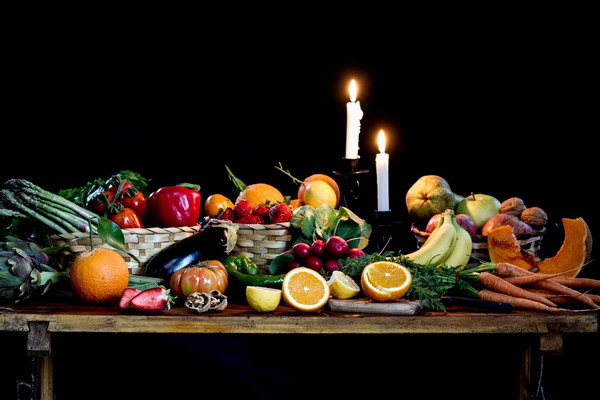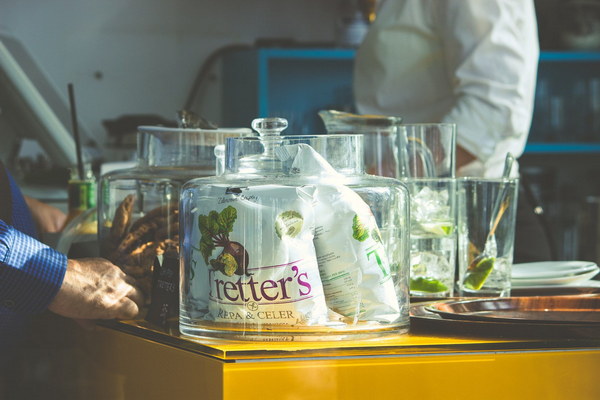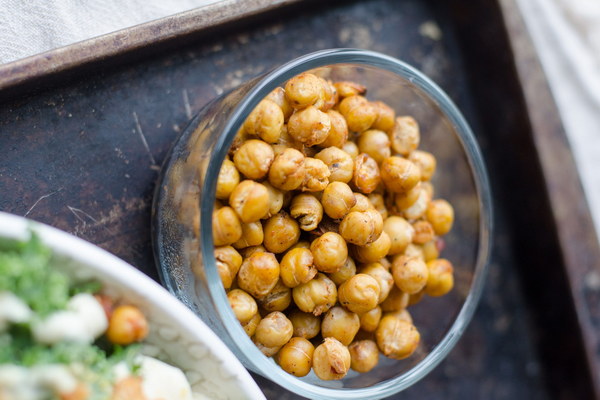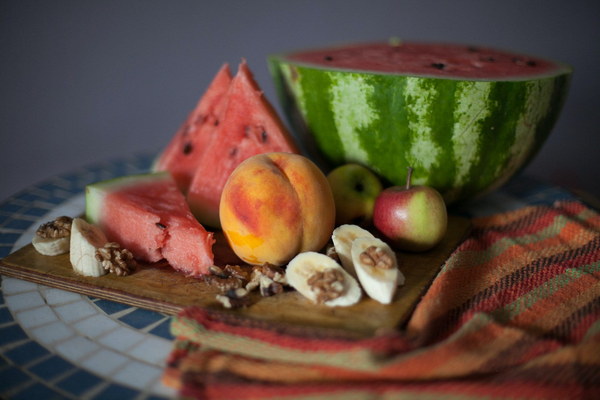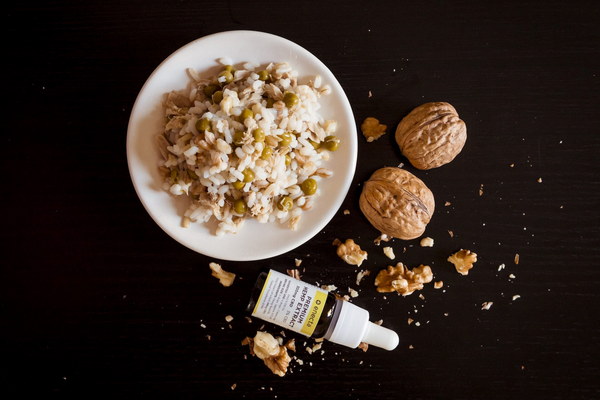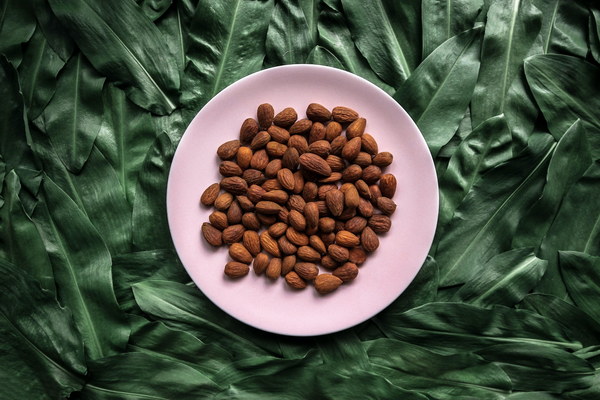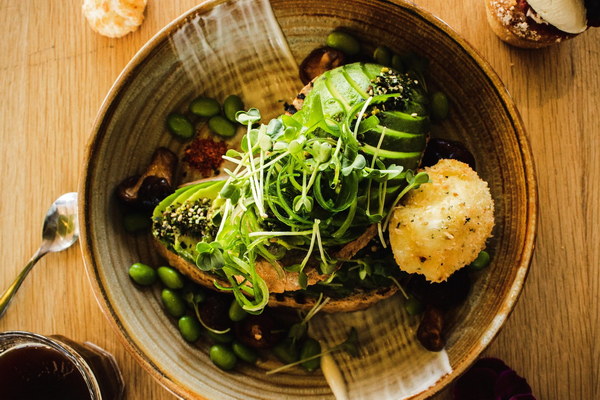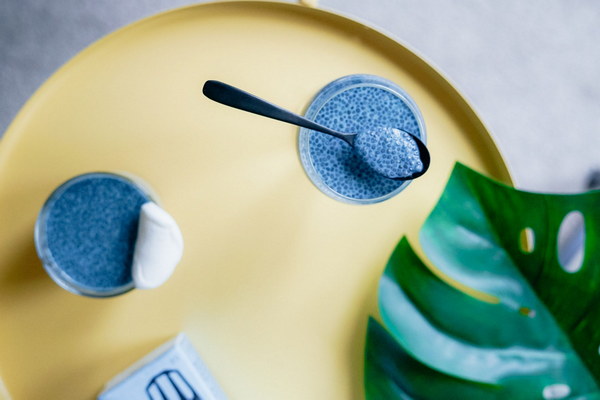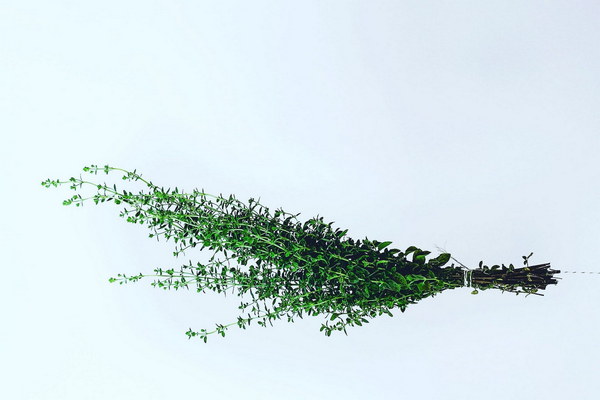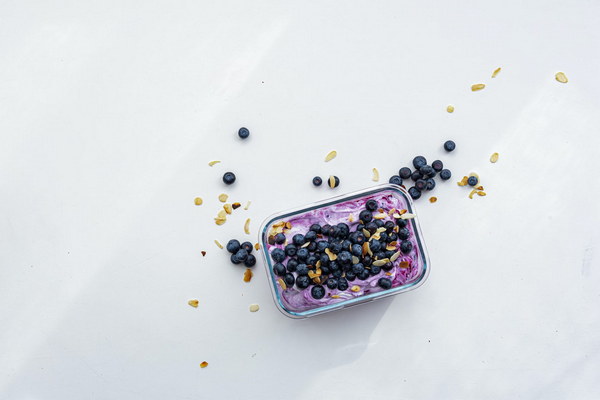Enhancing Vitality A Synergistic Approach with Traditional Chinese Herbs and Rabbits
In the realm of holistic health, the fusion of traditional Chinese medicine and animal husbandry has been a topic of growing interest. One such fascinating combination is the use of Chinese herbs to supplement the blood and Qi (vital energy) in rabbits. This article delves into the world of these ancient remedies, exploring their potential benefits and practical applications when integrated into a rabbit's diet.
Understanding the Concept
In traditional Chinese medicine, the concept of blood and Qi is fundamental. Blood is seen as the substance that nourishes the body, while Qi is the vital energy that animates life. Imbalances in these two elements can lead to various health issues. To restore harmony, practitioners often recommend herbal remedies that can replenish and balance the body's blood and Qi.
Herbs for Blood and Qi
Several Chinese herbs have been traditionally used to enhance blood and Qi. These include:
1. Astragalus (Huang Qi): Known for its immune-boosting properties, Astragalus is believed to strengthen the body's resistance and improve overall vitality.
2. Ginseng (Ren Shen): A well-known herb, Ginseng is thought to enhance mental and physical energy, improve longevity, and boost the immune system.
3. Dong Quai (Angelica sinensis): Often referred to as female ginseng, Dong Quai is believed to nourish blood, relieve menstrual cramps, and improve fertility.
4. Goji Berries (Luòzǐ): These berries are packed with nutrients and antioxidants, believed to improve vision, boost the immune system, and enhance sexual function.
Integrating Herbs into Rabbit Diet
While these herbs have been used for centuries in human medicine, their application in rabbit nutrition is relatively new. However, several factors make this integration promising:
1. Nutritional Synergy: Many Chinese herbs are rich in essential nutrients, vitamins, and minerals, which can complement a rabbit's diet and support overall health.
2. Digestive Compatibility: Rabbits have a delicate digestive system, and incorporating these herbs into their diet can help maintain a healthy gut flora and support digestive function.
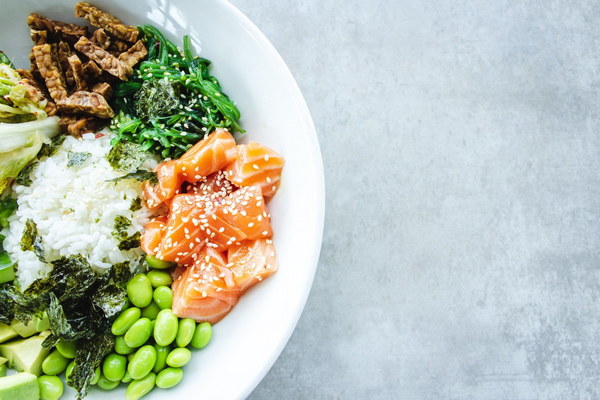
3. Stress Reduction: The calming effects of some herbs, such as Astragalus and Goji Berries, may help reduce stress in rabbits, which is especially beneficial for those in high-stress environments, such as pet stores or breeding farms.
Practical Applications
When introducing Chinese herbs into a rabbit's diet, it's essential to consult with a veterinarian or a holistic animal nutritionist. Here are some practical applications:
1. Powdered Herbs: Grind the herbs into a fine powder and mix it with the rabbit's regular feed. Start with a small amount and gradually increase the dosage based on the rabbit's response.
2. Herbal Teas: Brew a tea using a combination of the herbs and offer it to the rabbit as a treat. Ensure the tea is cooled before serving to avoid burning the rabbit's sensitive mouth.
3. Herbal Poultices: In some cases, a poultice made from the herbs can be applied topically to address specific issues, such as minor skin irritations or wounds.
Conclusion
The combination of Chinese herbs and rabbits offers a unique approach to enhancing vitality and overall health. While more research is needed to fully understand the potential benefits, the integration of these ancient remedies into a rabbit's diet may offer a promising path towards a healthier, happier life. Always consult with a professional before incorporating new supplements into your rabbit's diet, ensuring a safe and effective experience for your furry friend.
